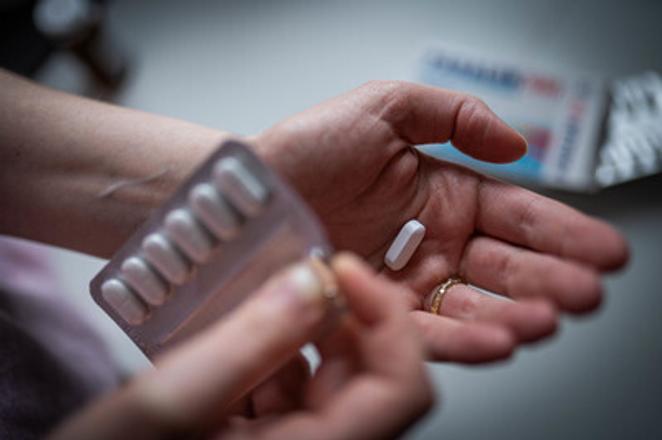Slovakia is currently tackling a shortage of some key drugs caused at least in part by illegal drug re-exportation. Some consumers have resorted to buying antibiotics for children, antidepressants, and anti-epileptics from neighbouring countries due to the unavailability of the medicines in local pharmacies. Meanwhile, some cancer drugs like cytostatics are in short supply, the Sme daily reports.
In May, a significant development occurred when the State Institute for Drug Control (ŠÚKL) collaborated with the Health Ministry to expose the large-scale re-exportation of medications worth millions of euros to foreign markets. However, after two months, the case remains open, and the authorities have not disclosed the list of at least 20 pharmacies involved, leaving the drug shortage unresolved.
"It's not that we don't want to say it, but we can't. We could significantly jeopardize the ongoing investigation," ŠÚKL head Peter Potúček told Sme.
He added that the General Prosecutor's Office is also investigating the case.
Re-exporters can pay fines and still make a profit
The perceived leniency of current penalties is raising concerns about the efficacy of the legal measures that can be taken against illegal re-exporters.
Illegal re-export fines range from €5,000 to €1 million. They can be imposed by the Health Ministry and self-governing regions today.
The ŠÚKL has recommended the ministry to fine several pharmacies involved in the illegal trade with €50,000, which the ŠÚKL head considers sufficient. Potúček has not ruled out that fines for other pharmacies may be higher.
From August 1, the competence to fine pharmacies will be transferred to the ŠÚKL.
But some argue that individuals involved in the illegal trade seem to be factoring in potential fines as a cost of doing business.
"Companies carrying out the re-export of medicines are financially prosperous; the fine awarded is insufficient," said Lucia Šmidovičová, head of the health department in Trnava Region, as quoted by Sme.
It is self-governing regions, and the Health Ministry in some cases, that issue a permit to a firm that wants to run a pharmacy. They can also revoke it.
According to Šmidovičová, it would be ideal if not only companies were banned for their inolvement in the trade, but also their managers and owners. They would not then be able to establish new companies that could operate, for example, pharmacies.
Some experts argue that revoking permits for firms engaged in illegal drug exports for a year or two would be a more effective deterrent. However, for this approach to take effect, amendments to existing drug legislation would be necessary.
Challenges combating the trade
Efforts to tackle the issue are further complicated by the sophistication of the illegal drug trade, which involves various actors, such as pharmacies, healthcare providers, and distributors all exploiting legal loopholes. Although certain companies are known to engage solely in purchasing drugs for resale abroad, the complexity of the trade hampers swift action.
Illegal trade in medicines thrives in Slovakia because the price set by the state is the average of the three lowest prices in the EU. It means that Slovakia has the second cheapest medicines, Sme notes.
Calls for a change in legislation to replace fines with permit revocations have been met with mixed responses, but healthcare professionals and pharmacists' associations continue to advocate for more stringent measures to curb the illicit trade.



 Some legal pharmaceuticals are being illegally re-exported from Slovakia, according to healthcare authorities. (source: Marko Erd)
Some legal pharmaceuticals are being illegally re-exported from Slovakia, according to healthcare authorities. (source: Marko Erd)